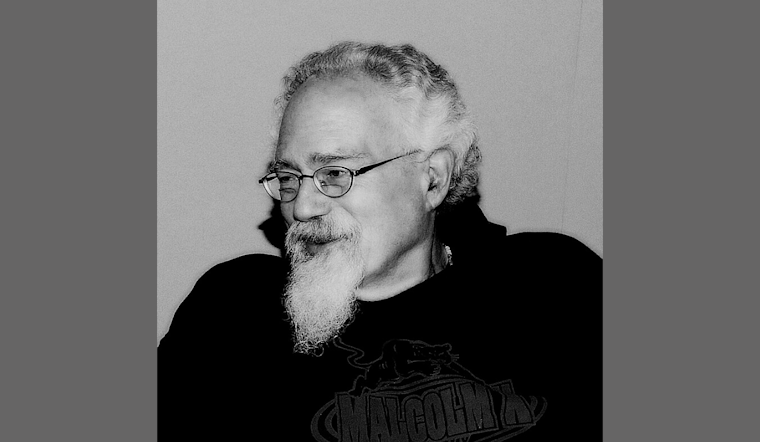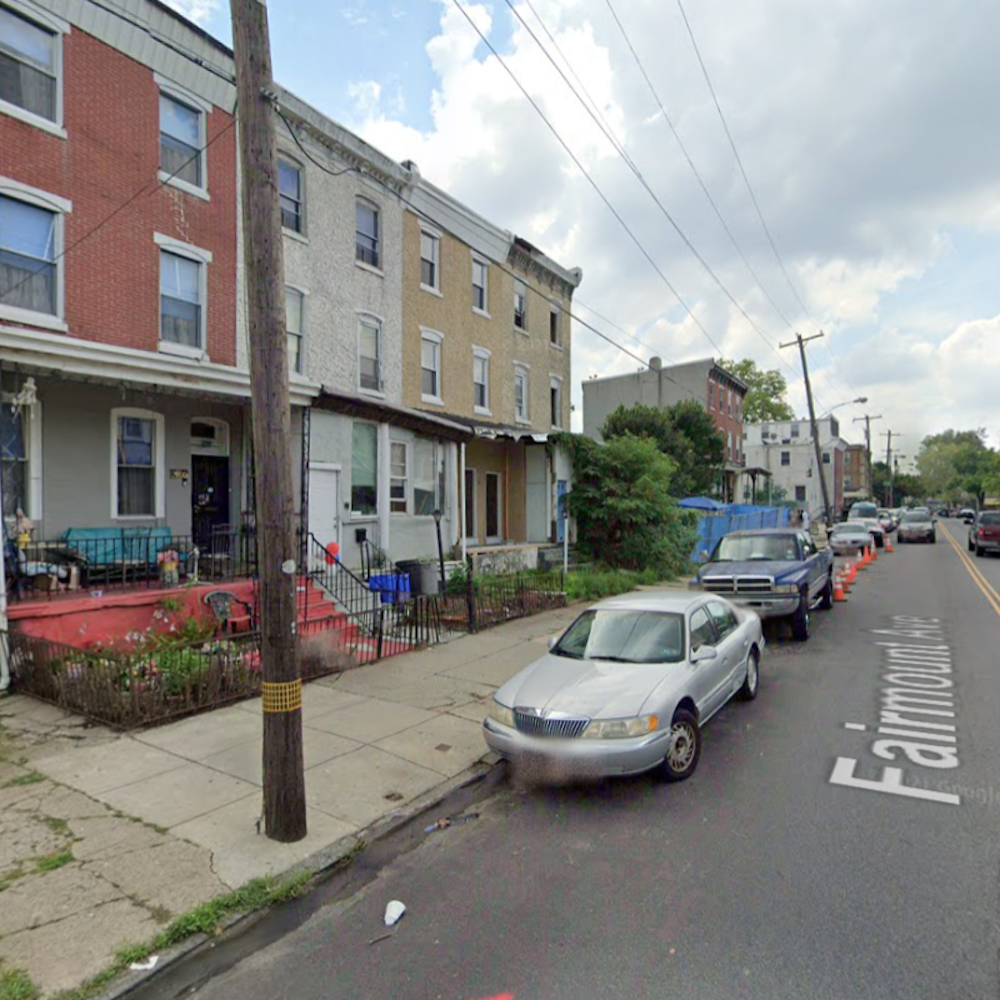
John Sinclair, the trailblazing poet and activist who left a lasting mark on Michigan's counterculture, has died at the age of 82. Sinclair, a man known for managing the punk band MC5 and founding the White Panther Party in solidarity with the Black Panthers, passed away Tuesday after a period of declining health. The Flint native was a symbolic figure in the marijuana legalization movement and had a significant impact on Detroit's culture through his poetry and music.
With a flourish of activism that extended beyond just music and poetry, Sinclair pushed forward Detroit writers and artists, stood firmly by the Civil Rights movement, and worked tirelessly to legalize cannabis. This herb landed him in hot water in the late '60s. ClickOnDetroit details how iconic musicians including John Lennon, Stevie Wonder, and Bob Seger rallied for Sinclair's release in what would become the Freedom Rally of 1971, sparked by his marijuana-related imprisonment.
Sinclair's influence extended into the realms of politics and music. As his representative, Matt Lee explained to WWJ Newsradio, "He was on the forefront of the marijuana movement, that's for sure. But I don't think people realized how knowledgeable he was in American music and he was a certified expert in all forms of American jazz and rhythm and blues." Sinclair's storied history with the law and his robust defense of counterculture ideals solidified his place as a formidable presence within the social revolution movements of the '60s and '70s.
Even as his health waned, Sinclair continued to be celebrated for his nonconventional approach to political and social activism. Sinclair's vivid aspiration for a utopian society centered around leisure and marijuana, a dream that, while it didn't take root on a massive scale, certainly planted seeds of change. Described as "bursting with charm, vigor and intellect" by an industry executive, Sinclair's imposing figure matched his larger-than-life persona. In an interview, Don Was told Detroit Free Press, "He was the coolest guy I ever met," capturing the spirit Sinclair evoked in countless Michiganders and beyond.
Sinclair leaves behind a legacy as colorful and provocative as the era that shaped him. His efforts were instrumental in the initial steps towards Michigan's gradual shift into accepting marijuana, which continues to see progress to this day. While his methods were unorthodox and often met with resistance, his cultural and political footprints remain etched into the fabric of Detroit's history, immortalizing his name amongst the leaders of societal change.









